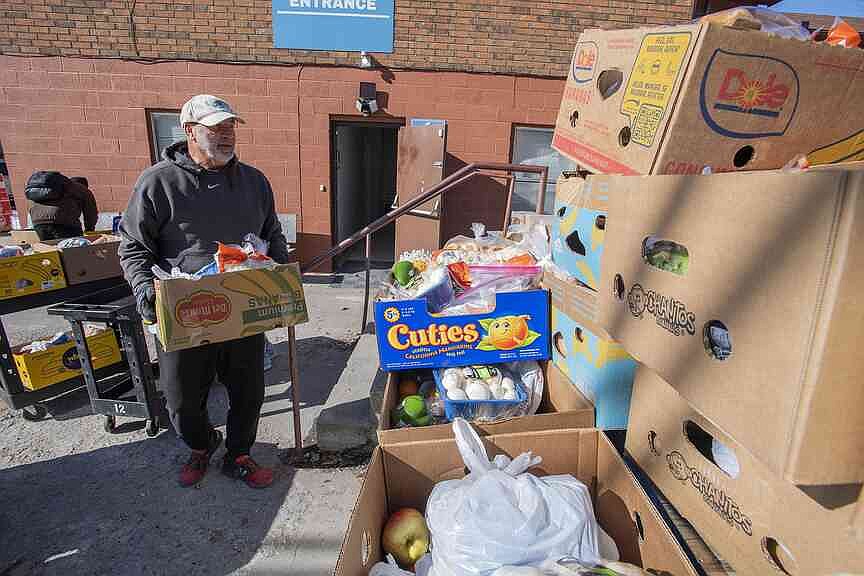Copyright Arkansas Online

FAYETTEVILLE -- Fayetteville has joined cities around the country in the Share Our Strength's No Kid Hungry campaign with a citywide food drive, which started Wednesday. The campaign's goal is to, "strengthen access to healthy food for children and families," according to the city's news release about the drive. "I am proud to stand with 568 mayors across the country in the shared mission to make sure no child goes hungry," Mayor Molly Rawn said. "Ending hunger requires community-level collaboration, and I'm grateful for the work our partners do every day to support families in need." Food collected from the food drive will be used to support local food pantries. Residents are encouraged to drop off nonperishable food items at City Hall, the Fayetteville Police Department Headquarters or any Fayetteville fire station during regular business hours beginning Wednesday. There is currently no end date for the program, according to Gracie Ziegler, the city's chief communications officer. The important thing to the city was getting set up in order to provide supplies, support and connections for residents quickly, she said. Canned proteins, such as chicken and tuna; canned fruits and vegetables; flour and sugar; peanut butter; cereal; and other shelf-stable items are some of the suggested donations, according to the release. "Even in a city as vibrant and caring as Fayetteville, too many families face tough choices at the grocery store," Rawn said. "This food drive is one small way we can support our neighbors and remind families that their community cares." About 13.5% of U.S. households were food insecure in 2023, according to the U.S. Department of Agriculture's count. Arkansas has the highest count in the nation with 18.5% of households counted as food insecure. For more information about the Mayor's Alliance to End Childhood Hunger visit the website, mayorshungeralliance.org. "Every donation, no matter how small, helps strengthen the network of care that makes Fayetteville a place where everyone can count on their community," the release states. Meanwhile, Arkansas Blue Cross and Blue Shield has announced a statewide effort to address food insecurity called the Take Good Care Food Drive, according to a news release from the company. Nonperishable food and personal care items can be donated at any ArkansasBlue Welcome Center through Nov. 14, and they will then be distributed to local community food pantries and resource centers, the release states. The local drop-off locations are: 3013 N. College Ave. in Fayetteville 3501 Old Greenwood Road, Suite 3, in Fort Smith 4602 W. Walnut St. in Rogers Food banks in the state have recently raised concerns that food insecurity in the state is only going to get worse if the ongoing government shutdown continues and the Supplemental Nutrition Assistance Program, or SNAP, program runs out of money on Saturday. "SNAP provides nine times more food assistance than all the food banks combined," Brian Burton, chief executive of the Arkansas Food Bank in Little Rock, said Friday. The need for food assistance will compound so long as the shutdown persists, said Kent Eikenberry, president of the Northwest Arkansas Food Bank. Even in relatively prosperous Northwest Arkansas, more people from more walks of life started coming to the food bank and pantries in recent years because rising housing prices in the region and inflation squeeze household incomes, Eikenberry said. "It's a mathematical problem: It costs more to live than what people are making," he said. "Lots of people are on the edge, and there will be more people going over that edge the longer this shutdown goes on."



